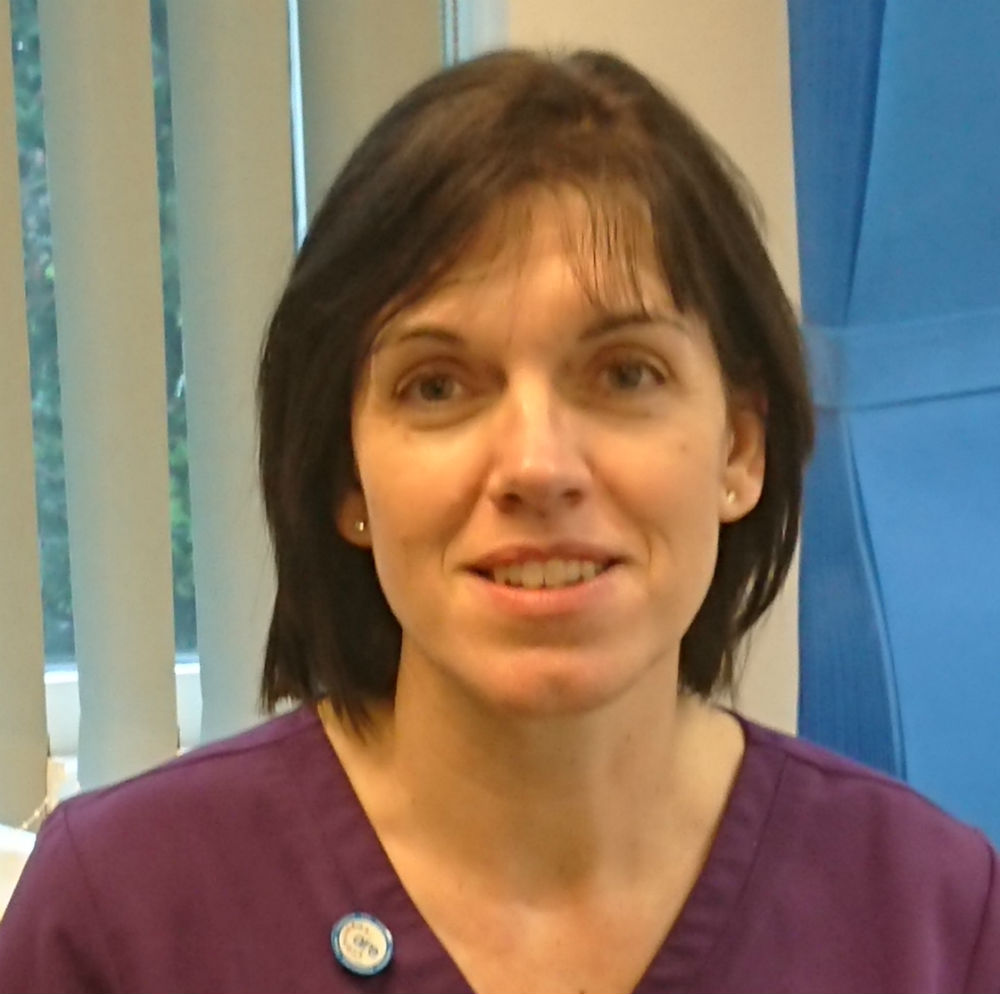What is diabetes?
It’s a lifelong condition that causes a person’s blood sugar (glucose) level to become too high. Type 1 and type 2 diabetes are both characterised by having higher than normal blood glucose levels, but the cause and development of the conditions are different.
What about pre-diabetes?
Pre-diabetes is a term often used to describe people who have an increased risk of developing diabetes. It’s when blood glucose levels are higher than normal but not high enough to get a diagnosis of diabetes. It’s also known as borderline diabetes, Impaired Glucose Tolerance (IGT), Impaired Fasting Glycaemia (IFG) and Impaired Glucose Regulation (IGR).
Is it common?
Yes. Diabetes UK says a third of adults in England have prediabetes. There are 3.5 million people diagnosed with diabetes in the UK, and an estimated 549,000 people who have the condition, but don’t know it.
Why is pre-diabetes important?
If undiagnosed and untreated the person will almost certainly develop type 2 diabetes. Often people don’t know they have it until it’s too late because they might not notice any symptoms.
So when should people seek help?
As soon as possible if they have any of the main symptoms of diabetes, including thirst, urinating more, tiredness, weight loss and blurred vision. Early diagnosis of diabetes is important because the disease will progress if untreated.
What causes pre-diabetes?
Pre-diabetes is linked to obesity and other poor lifestyle choices. People diagnosed with pre-diabetes can slow down or prevent the condition from developing into type 2 diabetes by making lifestyle changes.
What lifestyle changes can help?
Eating healthily, keeping fit, losing weight, stopping smoking, drinking less alcohol and being emotionally well can all help and should be discussed with patients.
‘I see myself as a patient educator’
Karen Hassall is an HCA and leads on pre-diabetes at the Ashley Surgery in Market Drayton

“Diabetes can affect all aspects of a person’s life but we can help manage the condition. Self-management skills are an essential part of diabetes care for every patient.
“I work with a forward-thinking nursing team and patients are referred to me first for a diabetic foot check, blood pressure monitoring and a lifestyle discussion. Patients with diabetes are more likely to have serious foot problems that could lead to amputations so the foot check is an important part of my role.
“I give advice to meet an individual patient’s needs because health education is about getting patients to achieve the best they can through looking at important issues such as diet and exercise.
“As a patient educator I’m always on the lookout for new courses and information on diabetes as I want to increase my knowledge and understanding to benefit patients.”
Further information
Join the RCN Diabetes Forum. It’s a way to influence changes in diabetes nursing that will benefit patients and nursing staff.
Diabetes essentials is one of many learning resources accessible on the RCN website.








